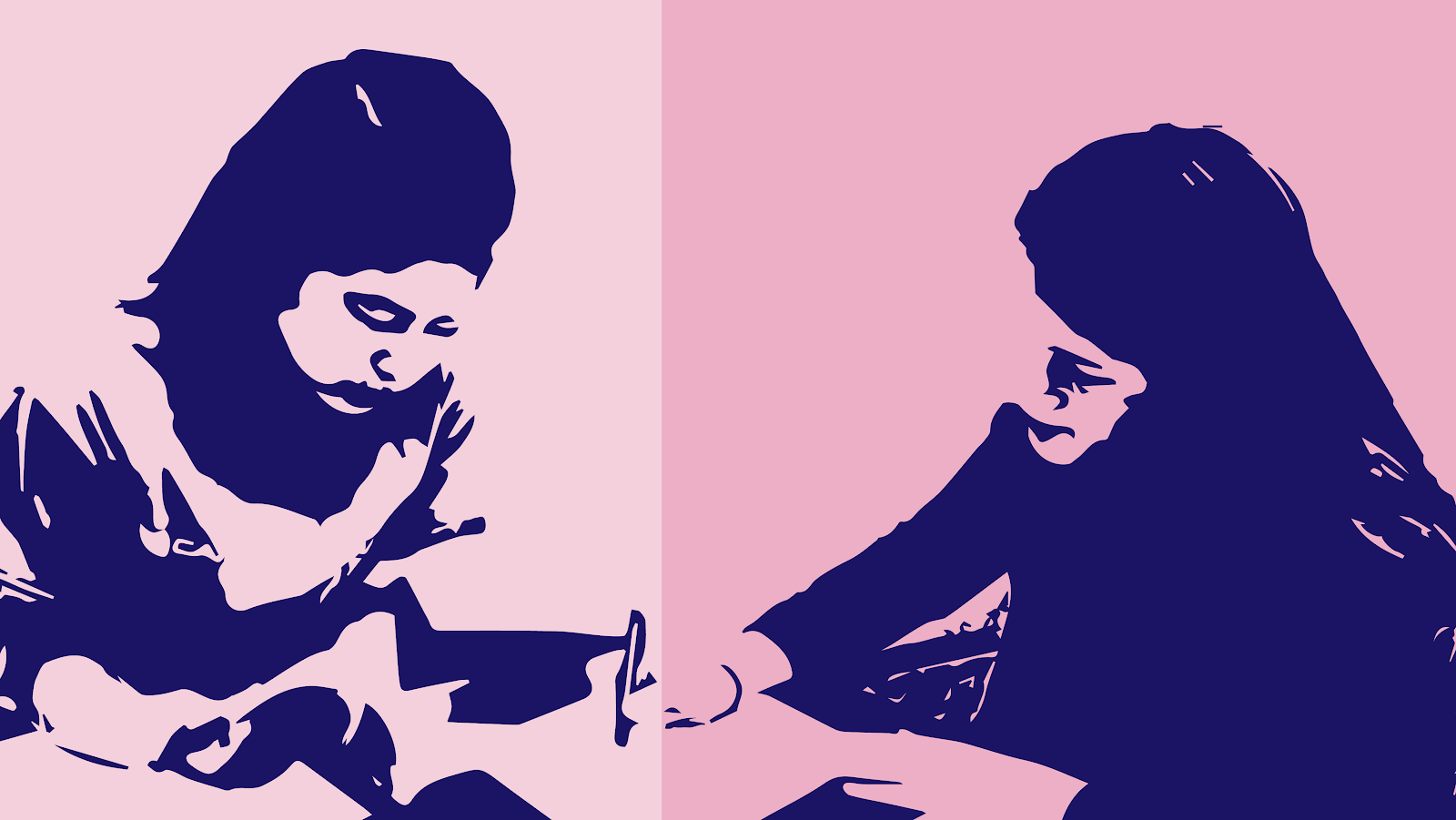Although COVID-19 brought nearly all in-person service activities at Stanford to a halt, Haas Center projects like the East Palo Alto Service Academy (EPASA) and the Frosh Service Liaison (FSL) program continue to assist community partners remotely and create spaces for advocacy, helping students stay connected to each and the broader Stanford area.
“Stanford students are leaning in to their role as mentors during this time, checking-in with youth and helping them to feel supported beyond academic needs,” said EPASA Program Director Priscila Garcia. EPASA is a weekend enrichment program for local middle schoolers at the Ravenswood City School District.
EPASA has transitioned to online tutoring sessions to adapt to the pandemic. EPASA partners continue to serve students, providing them with academic support and an individualized educational model that validates each student’s feelings and experiences, according to Garcia.
Typically, 65 Stanford students organize educational programming and tutor and mentor 45 middle school students. But it has been challenging to retain some of the students due to varying family circumstances, Garcia said. More than a dozen middle school students now log on every Saturday for two-hour virtual tutoring sessions organized by 45 EPASA partners.
EPASA partner Nohemi Davila ’20, who has continued to work with her tutee, said that despite technical challenges and disruptions, her primary focus was her student’s well being.
“We are doing our best to balance priorities and finding time to focus more on their emotional and social development and wellbeing,” said Davila, who has written articles for The Daily.
The FSL program, which brings first-year students together to help organize service activities on campus and to their dorms, has also transitioned online.
This year’s FSL cohort has been shifting away from publicizing the one-time service projects like Challah for Hunger or Friday Service Breakfasts to student dorms, and toward advocacy and ideating changes the Stanford community can implement upon returning to campus, according to FSL student leader Anthony Duarte ’22.
“Seeing that the Haas Center has continued to promote some sort of public service is very, very important to me,” Duarte said.
Duarte said some members of the FSL cohort are engaging with student advocacy groups like Students for Workers’ Rights (SWR). On Instagram, some liaisons in the program have joined SWR’s 187-step Jump Rope Contest, which asks participants to do a simple activity, like jump roping, to represent subcontracted workers laid off amid COVID-19.
FSL Sehajleen Kaur ’23 said she is still excited about the new service opportunities offered in the weekly digest she sends out to her dorm. Like Duarte, her focus has been on building community around ideas and discussions on service.
“It’s very much just having the community there, knowing that there are still other people who care about this thing,” Sehajleen said.
Duarte said that seeing the faces of peers’ siblings over Zoom and sharing music from home with fellow FSL’s serves as a comforting reminder that the Haas Center is full of people that care.
“We’re a community at Stanford and we have to stand up for each other,” Sehajleen said. “We have to try to help each other in the ways we can.”
Contact Alexander Li at ali17 ‘at’ stanford.edu.
